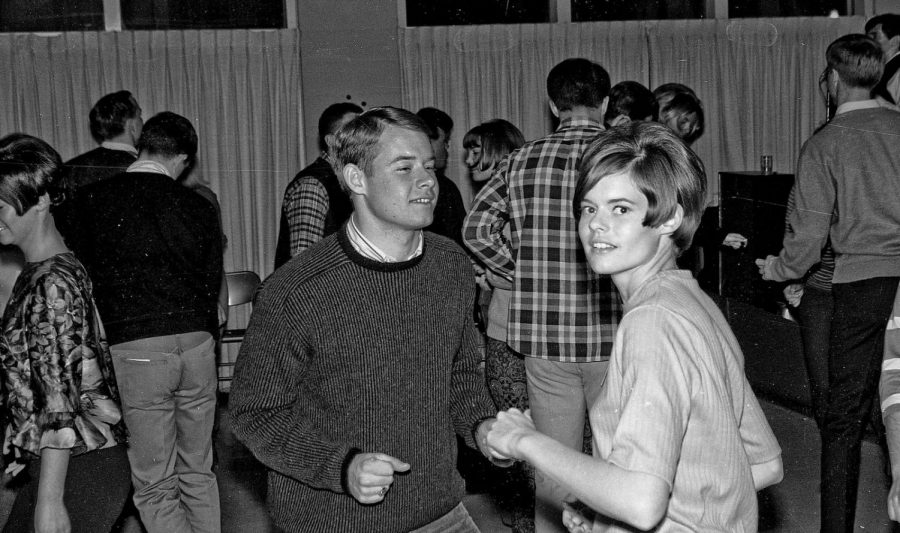Harvard explores hookup culture
November 20, 2017
The term “hookup culture” has been used and overused in the news. It is discussed everywhere from blogs to The New York Times. Some champion the sexually liberating nature of hooking up, while others demonize the “meaningless” relationships prevalent on college campuses. In interviews, professors and students at Harvard discussed their views on hookup culture and its effect on campus culture.
In interviews with Harvard College students, the presence of a routine was evident. Students discussed that in preparation for weekend parties, there is discussion and expectation about hooking up. Hence, hooking up acts as both a staple of the college experience and a metric through which experiences can be measured. One student, who wishes to remain anonymous and will be referred to as John, distinguished between the short-term range of experiences that constitute hooking up and hookup culture as a “process where people go on the hunt to have a one-time hookup and then ignore the person [with whom they’ve hooked up]” in an interview with the HPR. Some students are defining hookup culture as something almost predatory in nature, and as something cold, where the person with whom you have hooked up becomes disposable. People become recyclable, unimportant. These short-term interactions also exist as short-term in memory. “Hooking up is seen as a way to exploit peers” and that it is “consistent with capitalist, neo-liberal, market-based, consumer-oriented, individualist patriarchy,” according to Professor Wade in an interview with the HPR. On the other hand, some students describe that hooking up can be a small self-esteem boost that makes them feel more desirable (or less undesirable).




















